Using Social Media Responsibly During A Hurricane
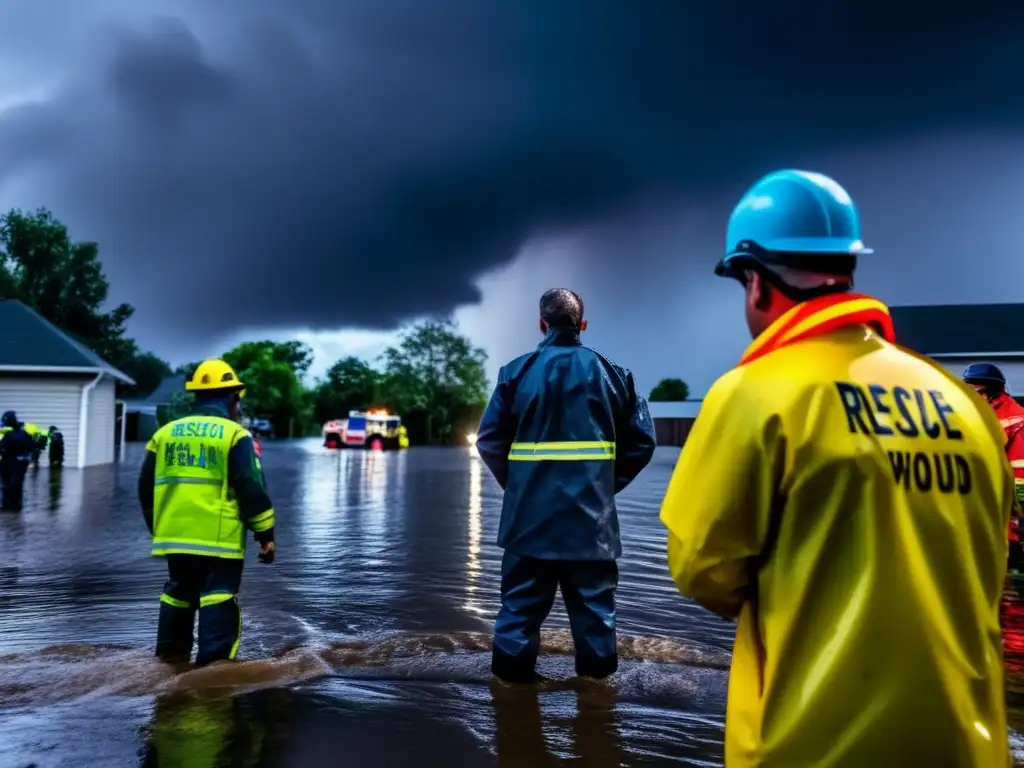
Using Social Media Responsibly During a Hurricane
Introduction
Social media is an integral part of our daily lives, especially in times of crisis, such as during a hurricane. It can be an excellent tool for sharing information, connecting with loved ones, and getting updates on the latest conditions. However, social media can also be a double-edged sword, with misinformation and fake news spreading rapidly. Therefore, it is essential to use social media responsibly during a hurricane to ensure that you stay informed and safe.
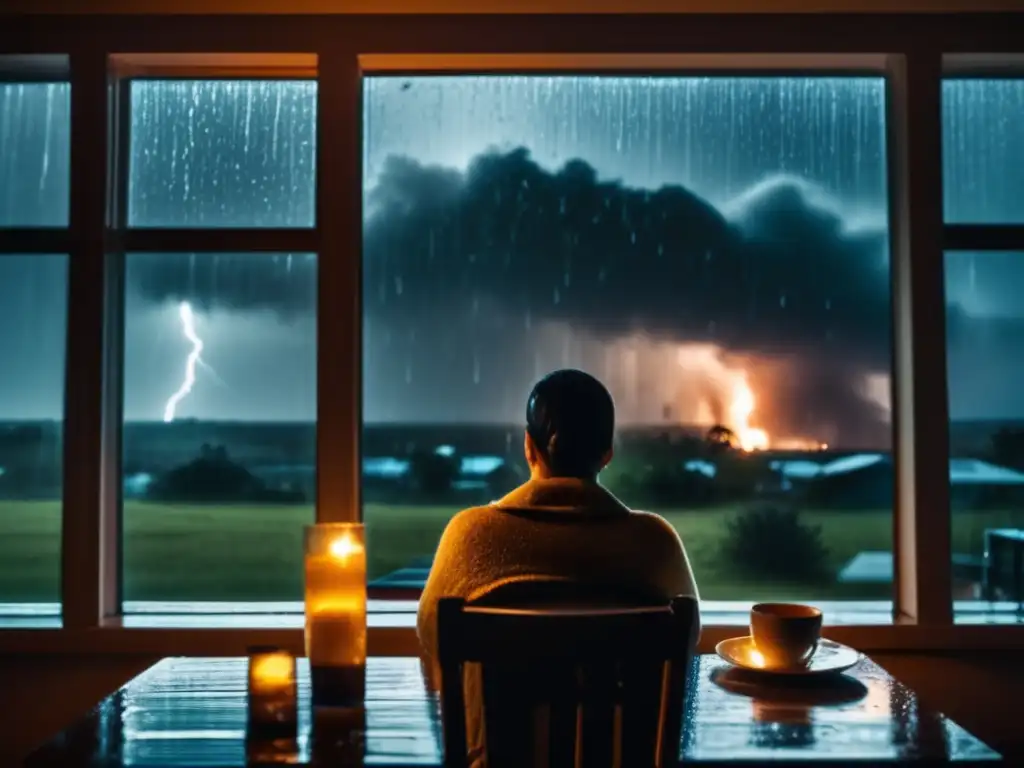
Social media can be an invaluable resource for getting updates and information during a hurricane. Many official accounts provide real-time updates on the storm's path, strength, and potential impact. It is crucial to follow trusted sources, such as the National Hurricane Center, FEMA, or your local emergency management agency. These accounts will provide accurate, reliable information that will keep you informed and safe.
Don't Spread False Information
During a crisis, misinformation can spread just as quickly as accurate information, if not faster. False reports and rumors can cause panic and confusion, which can be dangerous. Before sharing any information on social media, make sure it comes from a reliable source. If it's not clear where the information came from or whether it's accurate, don't share it. Spreading false information is irresponsible and could potentially harm others.
During a hurricane, communication networks can often go down, making it difficult to connect with loved ones. Social media can be an excellent tool for staying in touch with family and friends, letting them know you're safe, and checking on their well-being. However, it's crucial to remember that social media shouldn't be your only means of communication during a hurricane. Make sure to have a backup plan, such as a satellite phone or two-way radio, in case of an emergency.
While social media can be an excellent source of information during a hurricane, it should not be your only source. It's essential to keep a battery-powered radio or television on hand to stay updated on the latest conditions and official recommendations. Social media can also be unreliable during emergencies, with accounts spread across different platforms. Be sure to check multiple sources before making any decisions based on social media information alone.
Social media can be a powerful tool for spreading helpful information during a hurricane. If you come across information that could be useful to others, such as a shelter location or emergency contact information, share it on your social media accounts. This will help get the word out to more people and keep your community safe.
Don't Spread Panic or Fear
Hurricanes can be scary and stressful, but panicking and spreading fear won't help anyone. Avoid sharing sensationalized headlines or speculative reports that could cause unnecessary panic. Stick to sharing accurate, reliable information from trusted sources.
Frequently Asked Questions
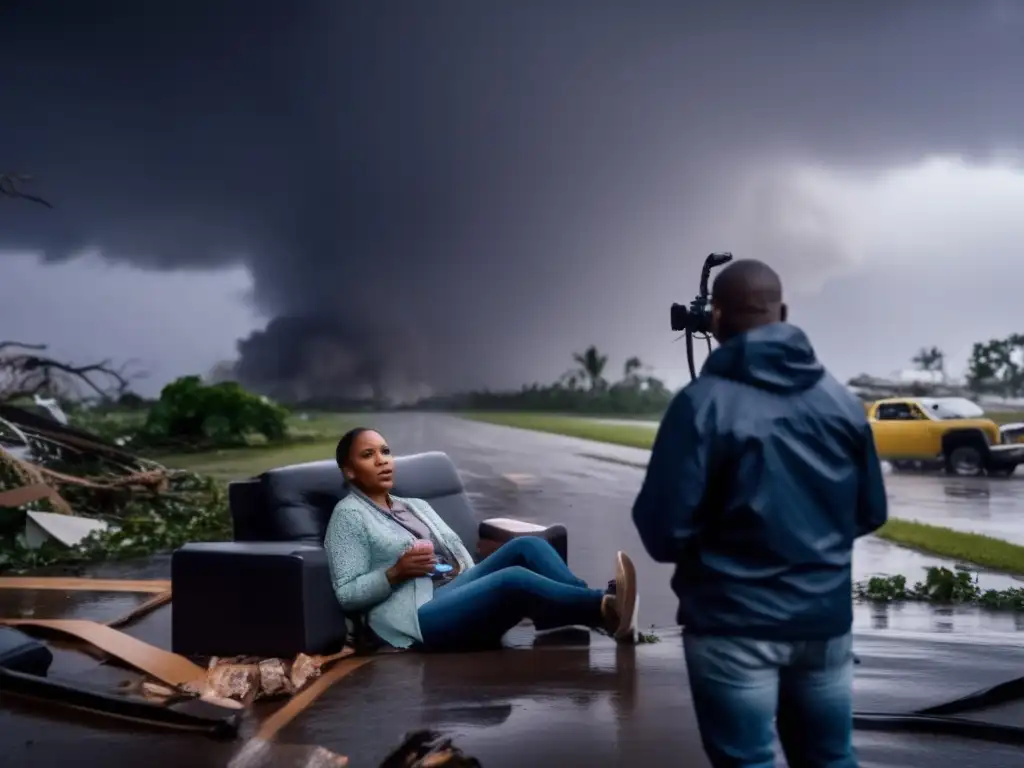
-
Can I trust all the information that I see shared on social media during a hurricane?
No. You should only trust information from reliable sources, such as the National Hurricane Center, FEMA, or your local emergency management agency. Be cautious of fake news and rumors.
-
What should I do if I see false information being shared on social media during a hurricane?
If you see false information being shared on social media, don't share it. Instead, report it to the relevant social media platform and let them handle it.
-
Can social media be used to call for help during a hurricane?
While social media can be a useful tool for staying in touch with loved ones, it should not be relied upon as your only means of calling for help during a hurricane. Make sure to have a backup plan, such as a satellite phone or two-way radio, in case of an emergency.
-
What should I do if I lose power during a hurricane?
If you lose power during a hurricane, make sure to conserve your phone's battery by only using it when necessary. Have a backup power source, such as a portable charger, on hand.
-
Are there any specific social media platforms that are better than others for getting accurate hurricane information?
No. It's essential to follow reliable sources, such as the National Hurricane Center, FEMA, or your local emergency management agency, regardless of which social media platform they use.
Conclusion
Using social media responsibly during a hurricane can help keep you informed and safe. By following trusted sources, avoiding false information, staying connected with loved ones, and sharing helpful information with your community, you can use social media effectively during a crisis. Remember that social media should not be your only source of information, and it's crucial to have a backup plan in case of an emergency. Stay safe, stay informed, and use social media responsibly.
We hope this article has provided you with valuable information on how to use social media responsibly during a hurricane. Remember to share your thoughts and experiences in the comments section, and consider subscribing to our website for more hurricane-related content. For additional resources on preparing for hurricanes and staying safe during a storm, check out the links below.
Additional Resources

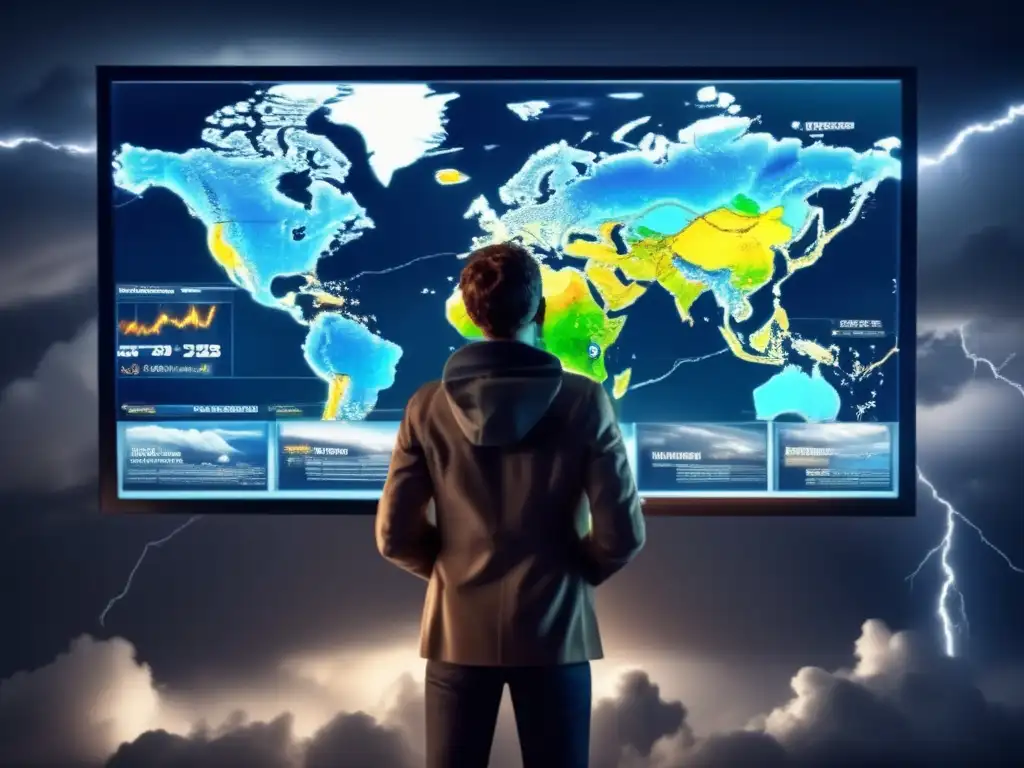 The Do's And Don'ts Of Using Generators During A Hurricane
The Do's And Don'ts Of Using Generators During A Hurricane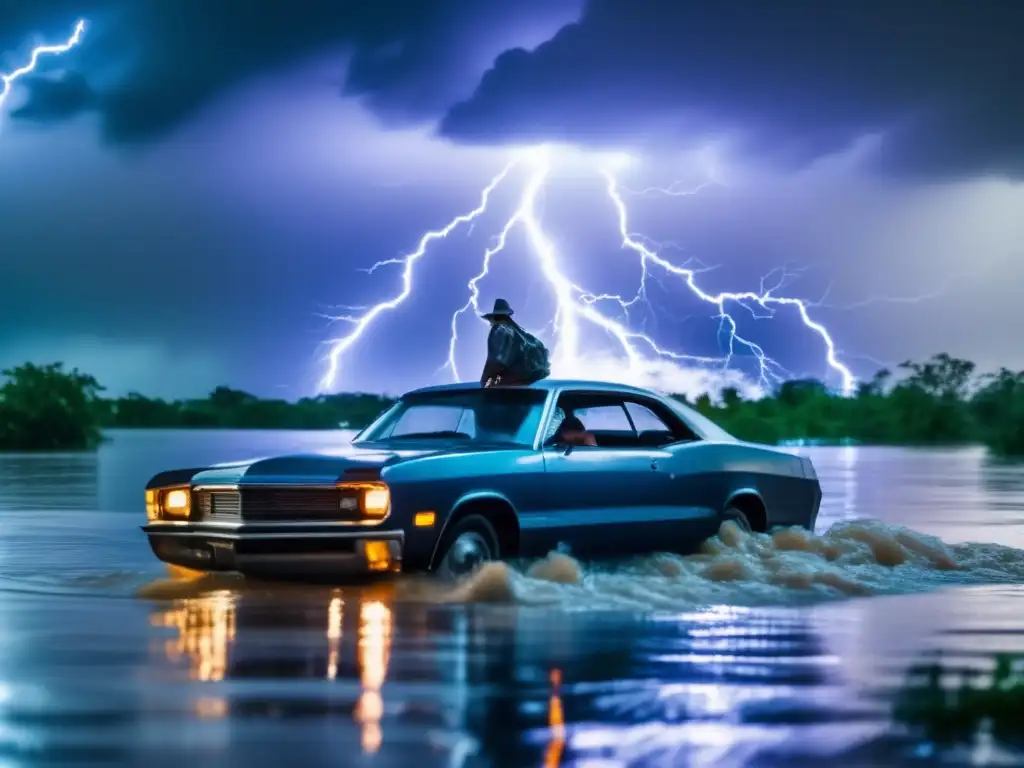 Flood Safety: Navigating Floodwaters During A Hurricane
Flood Safety: Navigating Floodwaters During A Hurricane Safety Measures For Pets During A Hurricane
Safety Measures For Pets During A HurricaneIf you want to discover more articles similar to Using Social Media Responsibly During A Hurricane, you can visit the During the hurricane: category.
Leave a Reply

Articulos relacionados: